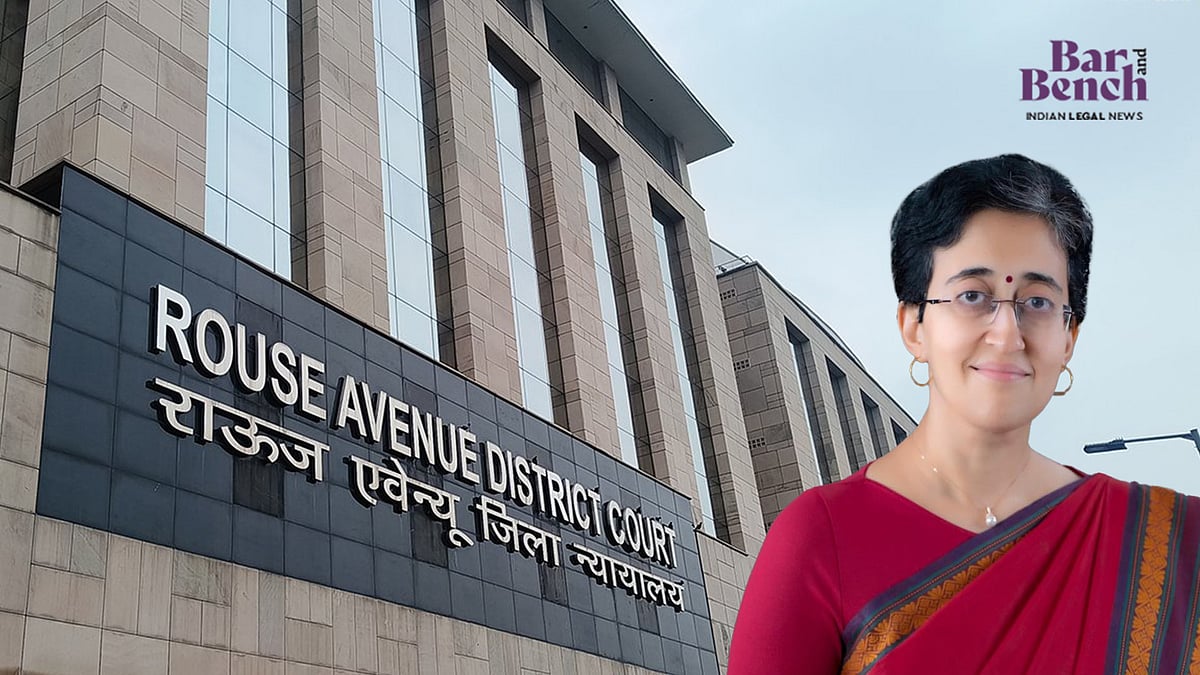 |
|
The Delhi Court's decision to quash the defamation summons against Aam Aadmi Party (AAP) leader Atishi marks a significant development in the ongoing political tussle between the BJP and AAP in Delhi. The case, filed by BJP leader Praveen Shankar Kapoor, stemmed from statements made by AAP leaders alleging that the BJP was attempting to bribe AAP MLAs to switch parties. The court's strong condemnation of the BJP's actions highlights a crucial issue within the Indian political landscape: the use of legal processes to suppress dissenting voices and silence political opposition. The judge's assertion that the BJP's actions represented an attempt to 'scupper the smaller voice of AAP' underscores the power imbalance between the two parties and the potential for misuse of the legal system to create an uneven playing field. This case serves as a stark reminder of the importance of protecting freedom of speech and expression, particularly within the context of a vibrant democracy. The court's decision not only protects Atishi from the legal repercussions of the defamation case but also sends a broader message about the limits of using legal actions to silence political opponents.
The court's ruling goes beyond a simple dismissal of the case; it offers a scathing critique of the BJP's strategy. The judge's statement that the case suffered from 'material error and infirmity' suggests a lack of genuine grievance on the part of the complainant. The court's emphasis on the BJP's role as a 'larger party' attempting to silence a 'smaller voice' exposes the inherent power imbalance at play. This observation highlights the potential for abuse of the legal system by dominant political parties to stifle dissent and undermine the principles of fair political competition. The court's decision underscores the importance of protecting the rights of smaller political parties to express their views and challenge the narrative of larger, more established parties. The ruling serves as a precedent, potentially discouraging future attempts to use defamation suits as a weapon against political opponents.
The implications of this court ruling extend far beyond the immediate case. The court's forceful language reflects a growing concern about the misuse of legal processes to stifle political discourse. The judge's call for the BJP to 'project a broader shoulder in accepting an alternative political narrative' reflects a deeper issue concerning political tolerance and the acceptance of dissenting viewpoints. The ruling emphasizes the responsibilities that come with political power and the importance of engaging with opposing viewpoints in a democratic and respectful manner. This decision could have a chilling effect on future attempts by dominant political parties to use legal tools to suppress opposition. It sets a precedent for future cases involving similar allegations and reinforces the judiciary's role in upholding freedom of speech and ensuring a fair political environment. The decision is likely to have significant implications for the political climate in Delhi and beyond, potentially impacting how political parties interact with each other and how they engage in the democratic process.
Furthermore, the case highlights the importance of judicial independence and the role of the courts in safeguarding democratic principles. By firmly rejecting the BJP's attempt to use the legal system to suppress AAP, the court has demonstrated its commitment to upholding freedom of speech and ensuring a level playing field for all political parties. This decision underscores the judiciary's crucial role as a check and balance against potential abuses of power by political parties. The court's decision reaffirms the fundamental right of citizens to express their political views without fear of reprisal. This reinforces the vital role of a free press and open public discourse in a healthy democracy. The case serves as a reminder that the legal system should be used to address genuine grievances, not to suppress dissenting voices or silence political opponents. The court's clear and decisive ruling is a testament to its commitment to upholding the principles of justice and democracy.
